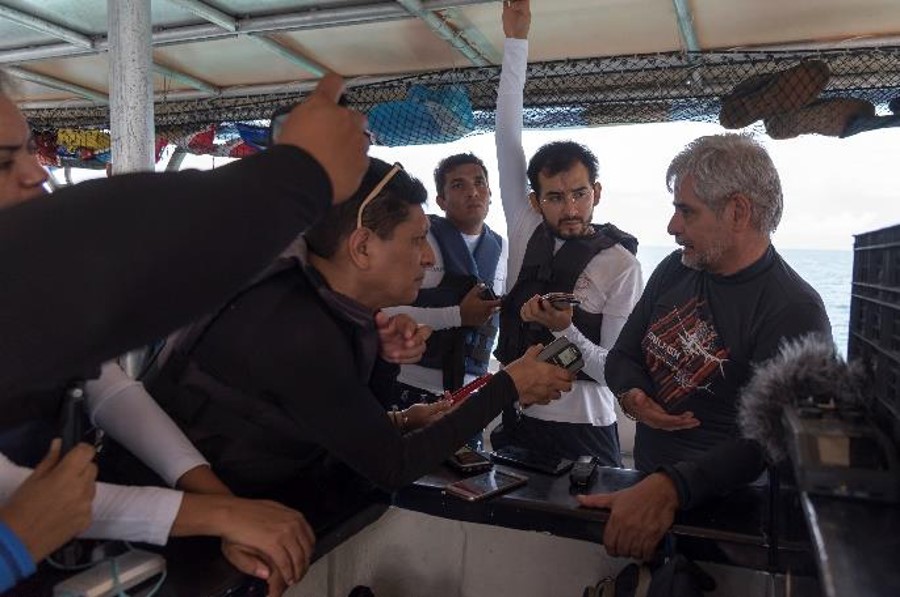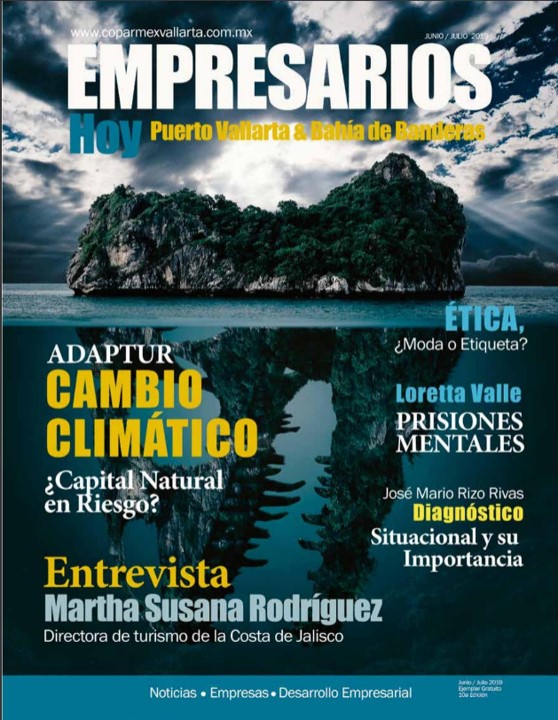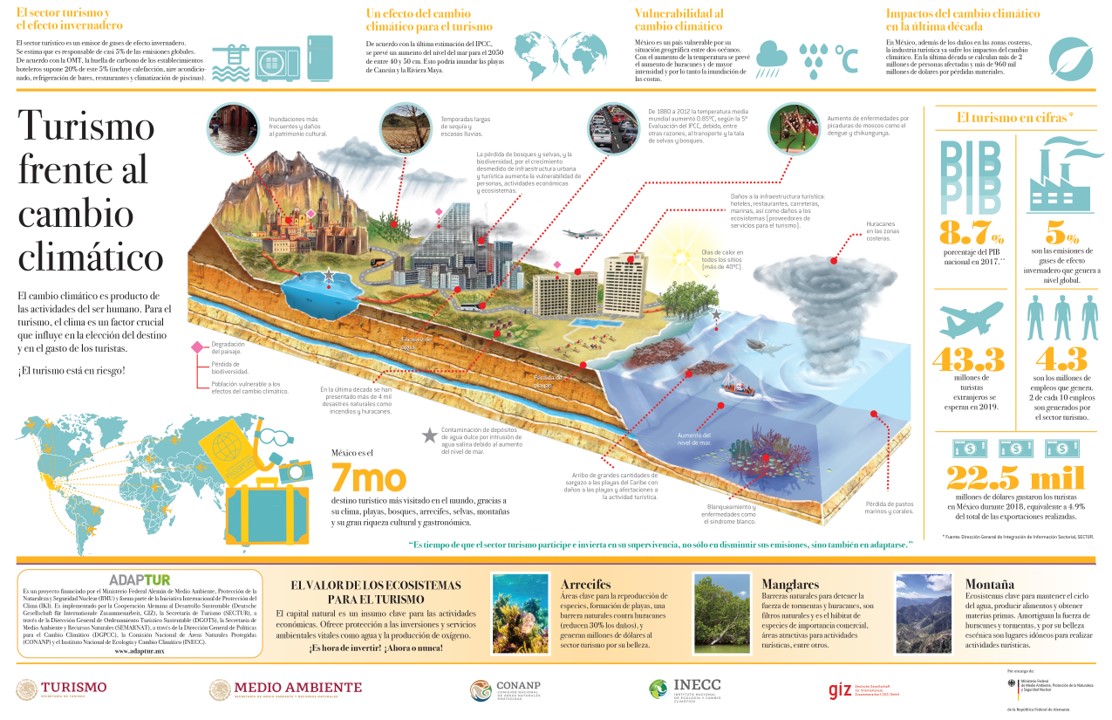



The first step towards the development of a target group specific communication and capacity building strategy was a KAP analysis (knowledge, attitude, practices), which established a baseline, in terms of understanding the private sector´s knowledge about climate change, as well as its attitude towards the topic and the practices already in place. The analysis also included a capacity needs assessment, which served as input for ADAPTUR´s capacity building and training program. The findings were also used to train counterparts, consultants, and project members in better understanding the private sector and to improve their communication skills by using the right words, concepts and messages.
The training program comprised several topics about climate change vulnerability, climate-proof investment, cost-benefit analysis, national/subnational policies related to climate change, EbA solutions, public-private cooperation, financial mechanism, etc.
At the same time, a press campaign was launched in cooperation with local media and journalists. The ADAPTUR website was introduced with regular newsletters, best-practices, case studies and messages from industry leaders. It also contained a resources section with studies, tools and information material.
- A good understanding of the industry context and the private sector´s challenges, priorities, needs and restrictions.
- Create attention by linking climate change with business interests.
- Recognition of private sector work culture and values (fast decision making, time is money, etc.). Offer cooperation and training formats that are suitable for the private sector.
- Cooperation with industry leaders, known journalists and lead consultants as change agents to position the relevance of adaptation for the sector.
- Plan some time for understanding your target group and awareness raising before you initiate the first direct contact. Preparing the ground and being well prepared may save you time later.
- Work together with a professional agency to develop and implement your communication strategy.
- Identify possible change agents in the private sector that could motivate other businessmen/women to engage in the project.
- Encourage peer-to-peer dialogue and exchange between private sector actors to build a relationship, increase trust and learn from each other.
- Offer planning and training formats that are suitable for the private sector context and consider local needs and realities (e.g. business executives normally do not have time to participate in day-long participatory workshops).
- Recognize realities, limitations, concerns and existing risks for business leaders, entrepreneurs, and investors especially during pandemics like COVID-19 or other crises.